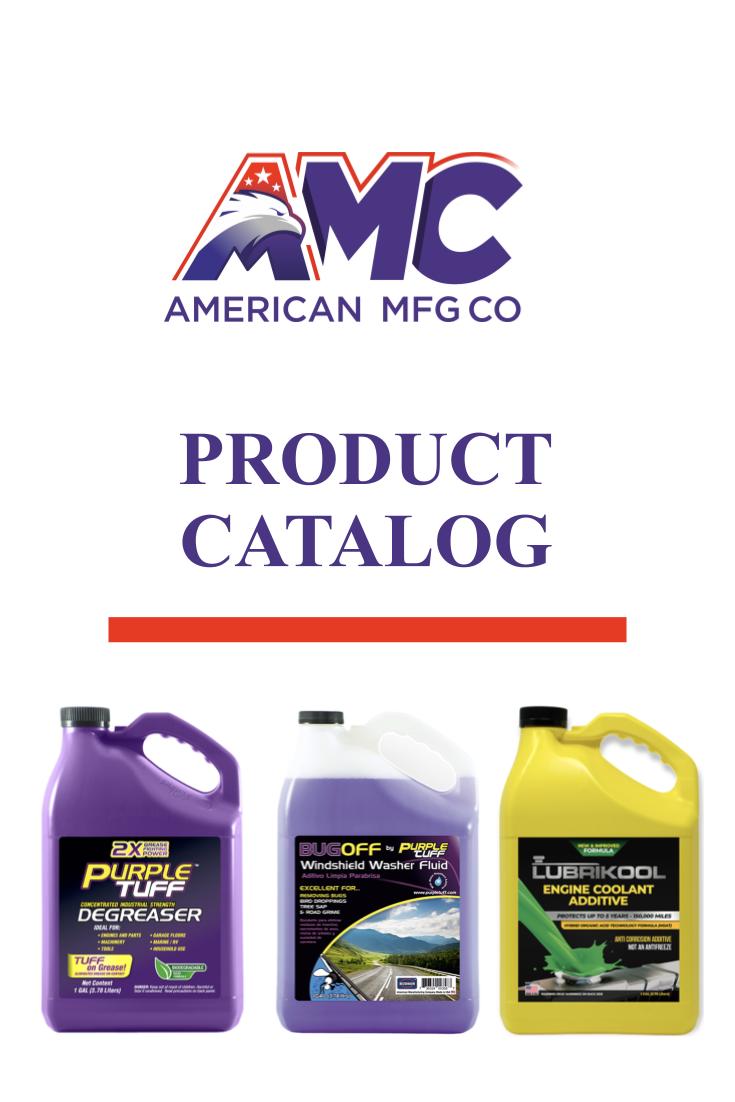Blog
Diesel Exhaust Fluid (DEF) 101: Everything You Need to Know About DEF

Diesel emissions are one of the major culprits behind environmental hazards and global pollution. They put human health at risk and damage the ozone layer, making the environment less livable. Still, diesel remains essential for heavy-duty vehicles like pickup trucks and transport trucks. To address this, the automotive industry introduced Diesel Exhaust Fluid (DEF) to help reduce emissions and improve air quality.
Anyone driving a diesel-powered vehicle in North America, Europe, or other parts of the world is legally required to use DEF to lower harmful gas emissions. Since these eco-friendly fluids are still relatively new, drivers need to be properly informed about how they work. While DEF manufacturers are easy to find, there is still a lot of conflicting information in the market about whether these products actually meet federal standards. This blog will help you understand everything you need to know about DEF and why it’s essential for protecting the environment.
What is DEF (Diesel Exhaust Fluid)?
Chemically, DEF is a mixture of synthetic urea and deionized water used in Selective Catalytic Reduction (SCR) systems in diesel engines. This liquid solution is injected into the exhaust stream through a controlled dosing module, allowing it to react with and neutralize NOx (nitrogen oxide) molecules. The harmful emissions are then converted into nitrogen and water vapor.
What is SCR and How Does DEF Help It Work?
SCR, or Selective Catalytic Reduction, is one of the most fuel- and cost-efficient technologies for controlling diesel emissions. Cars and light trucks equipped with SCR are often considered top quality because they meet emission standards and improve fuel efficiency without compromising performance.
This technology can reduce diesel emissions to nearly zero while saving up to 3–5% in fuel, making it a win-win for both the environment and businesses.
SCR allows nitrogen oxide reductions to take place in an oxidizing atmosphere. It’s considered “selective” because it uses ammonia (produced from DEF) as a reducing agent to break down NOx in the catalytic system. These pollutants are then transformed into common, harmless compounds—water, nitrogen, and a small amount of carbon dioxide.
The key compound that makes this process possible is automotive-grade urea, also known as DEF. Once injected, DEF hydrolyzes quickly, introducing ammonia into the exhaust flow to neutralize harmful gases.
Why is DEF Important?
DEF plays a critical role in preventing harmful gases from escaping into the environment. It requires a separate tank, which might feel like an extra cost, but it’s necessary to keep trucks, buses, and heavy equipment running smoothly on the road.
All vehicles manufactured after 2010 are equipped with SCR technology that requires DEF. These newer vehicles are programmed to inject DEF into the exhaust stream, making emissions less harmful.
If a vehicle runs out of DEF, engine performance will decrease, and fuel efficiency will drop. The standard formulation of DEF is 67.5% deionized water and 32.5% urea (carbamide), a compound that occurs naturally in mammal urine but is synthetically produced for automotive use.
As emission regulations tighten, DEF usage is expanding beyond trucks and heavy-duty vehicles—it is now also required in marine equipment, agricultural machinery, generators, and off-road vehicles.
Is DEF Dangerous?
No—DEF is not fuel, not volatile, and not a pollutant. However, improper handling or contamination can damage a vehicle’s SCR system. The urea used in DEF is automotive or pharmaceutical grade, with very low levels of impurities to prevent catalyst damage. The water used is highly purified through ultrafiltration and reverse osmosis.
When properly managed, DEF helps extend engine service life and reduce the need for expensive equipment upgrades. Today, any machine with more than 75 horsepower requires DEF.
Proper DEF management should not be seen as a burden—understanding how to handle it correctly minimizes risks and ensures your vehicle stays compliant. It’s essential to purchase DEF only from reputable suppliers with transparent supply chains to avoid risks in high-powered engines.
Conclusion
As the world becomes more climate-conscious, demand for DEF continues to rise. Since the Diesel Emission Reduction Act (DERA) took effect in 2010, all diesel engines must meet strict emission regulations. Not only trucks, but also off-road vehicles, generators, and other heavy equipment now require DEF.
American MFG is a leading producer of high-quality Diesel Exhaust Fluid, engineered to work with any SCR-equipped diesel engine. Get the best DEF at an affordable price with American MFG—because a cleaner engine means a cleaner environment.




